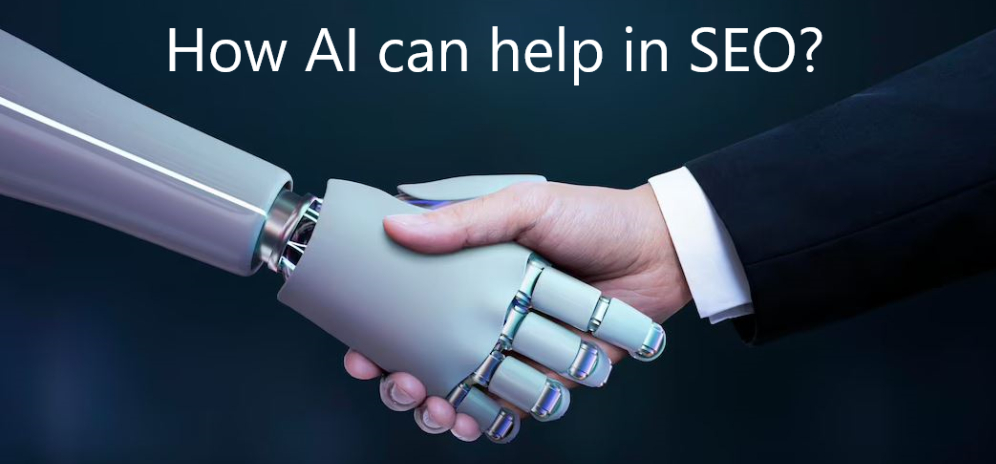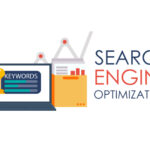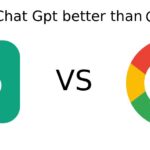
Artificial Intelligence (AI) has revolutionized various industries, and SEO (Search Engine Optimization) is no exception. AI technologies have brought significant advancements to SEO practices, empowering businesses to enhance their online visibility, optimize their websites, and improve their search engine rankings. Here are some ways AI can help in SEO:
Data Analysis and Insights
AI algorithms can analyze massive amounts of data and provide valuable insights to optimize SEO strategies. AI-powered tools can analyze website performance, user behavior, search patterns, and competitor data to identify trends, patterns, and opportunities. These insights help businesses make data-driven decisions to improve their SEO efforts.
Keyword Research and Content Optimization
AI can assist in keyword research, a critical aspect of SEO. AI-powered tools can analyze search queries, user intent, and competitor data to identify relevant keywords with high search volumes and low competition. AI can also help in optimizing content by suggesting appropriate keyword placement, identifying content gaps, and providing recommendations for improving on-page SEO factors.
Natural Language Processing (NLP)
NLP, a branch of AI, enables search engines to better understand and interpret user queries and content. By using NLP techniques, search engines can identify the context, intent, and semantics behind search queries, leading to more accurate search results. This helps businesses optimize their content to align with user intent and improve search engine rankings.
Voice Search Optimization
With the growing popularity of voice assistants like Siri, Alexa, and Google Assistant, optimizing for voice search has become crucial. AI plays a significant role in voice search optimization by understanding natural language, voice patterns, and user behavior. AI-powered tools can assist in optimizing content for voice search queries and understanding the nuances of conversational queries.
Content Generation
AI-powered content generation tools can assist in creating high-quality and engaging content. These tools leverage natural language generation (NLG) algorithms to generate content based on specific guidelines and parameters. While human creativity and expertise remain essential, AI can help automate repetitive tasks, generate data-driven content, and support content ideation processes.
User Experience (UX) Optimization
AI can improve UX, an important factor in SEO. AI-powered tools can analyze user behavior, website performance, and engagement metrics to identify areas for improvement. This includes optimizing website speed, enhancing mobile responsiveness, personalizing user experiences, and implementing chatbots or virtual assistants for improved customer support.
SEO Automation and Reporting
AI can automate routine SEO tasks, such as generating reports, monitoring website performance, tracking keyword rankings, and analyzing backlink profiles. This automation allows SEO professionals to focus on strategic planning, content creation, and optimization, resulting in more efficient SEO campaigns.
It’s important to note that while AI offers significant benefits to SEO, human expertise and creativity remain invaluable. AI tools and algorithms should be used as supportive resources to augment human decision-making and enhance SEO practices.
Conclusion
In conclusion, AI empowers businesses to leverage advanced technologies for better SEO outcomes. From data analysis and content optimization to voice search and UX enhancement, AI plays a crucial role in improving website visibility, driving organic traffic, and enhancing overall search engine rankings. Integrating AI into SEO strategies enables businesses to stay competitive in the ever-evolving digital landscape.













































Recent Comments